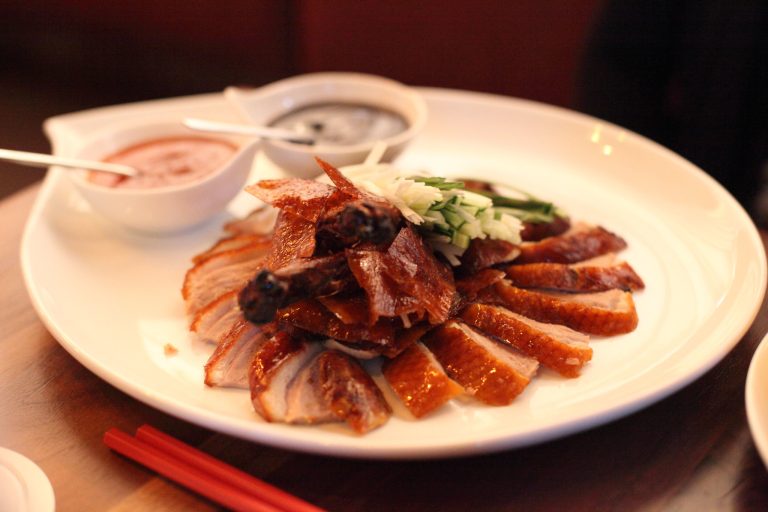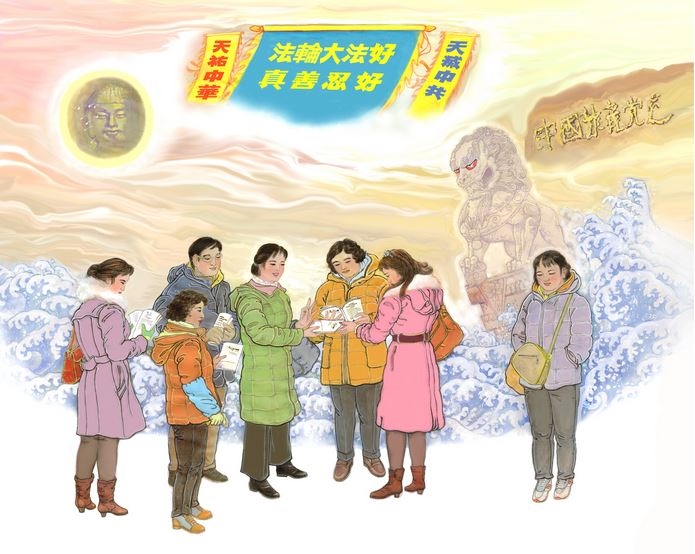Comment
In an incident demonstrating the “authoritarian advantage” of the Chinese Communist Party (CCP), a student attending a vocational school has been informed that the rodent’s head he discovered in his meal was, in fact, duck.
The incident occurred at at a school canteen of the Jiangxi Vocational Technical College of Industry Trade in the city of Nanchang, according to a social media post that was later translated and presented by outlet “What’s on Weibo.” Weibo is a popular Chinese microblogging site, similar to Twitter or Facebook.
“This is a rat! It clearly has rat teeth, can’t you see?” the diner can be heard arguing with catering staff in the video. For the interested reader, What’s on Weibo has far more details on the incident, including opinions by Chinese netizens on the matter.
The Jiangxi college on June 3 “debunked” the incident, claiming that the item in the rice was a duck head or neck, as ordered. The food catering service contracted by the school said it had nothing to do with the incident.
Success
You are now signed up for our newsletter
Success
Check your email to complete sign up
Chinese cuisine typically makes use of animal parts such as necks, feet, and heads that might be discarded or turned into indistinct ground meat in countries like the U.S.
A newspaper in Henan Province, which lies to the north of Jiangxi in south-central China, reported that students at the college were instructed not to talk about the incident.
An idiomatic incident
The video, which can be viewed at one’s discretion on Twitter, and the incident have attracted over 300 million views on Chinese social media.
Such occurrences are fairly common in everyday life in China, where aggravating incidents of low-level corruption between the government, public institutions, and business are papered over by the Communist Party’s massive and costly efforts to control the media and other forms of expression.
The “rat head” incident also elicited comparisons to a not-so-everyday event that occurred in the 2nd century B.C. towards the end of the totalitarian Qin Dynasty.
After the death of the First Emperor in 209 B.C., his prime minister Li Si and corrupt eunuch Zhao Gao conspired to seize power for themselves. To test the loyalty of other ministers, Zhao brought a deer into the imperial court, pointed at it, and ordered everyone to call it a horse. Those who went along with the charade were allowed to keep their posts, while the others, who insisted on the facts before them, were fired or executed. The event inspired the idiom “point deer, make horse” (指鹿為馬).
Netizens changed the wording to say “point rat, make duck.”
The subject matter of the original idiom later made its way into Japanese, which uses the term “horse-deer” (馬鹿) to spell the word “idiot” (baka).
Indeed, Zhao Gao’s attempts at altering reality proved unwise, as he and Li Si were soon ousted and put to death by another faction trying to get a proper heir on the throne, and the Qin Dynasty collapsed three years later.















